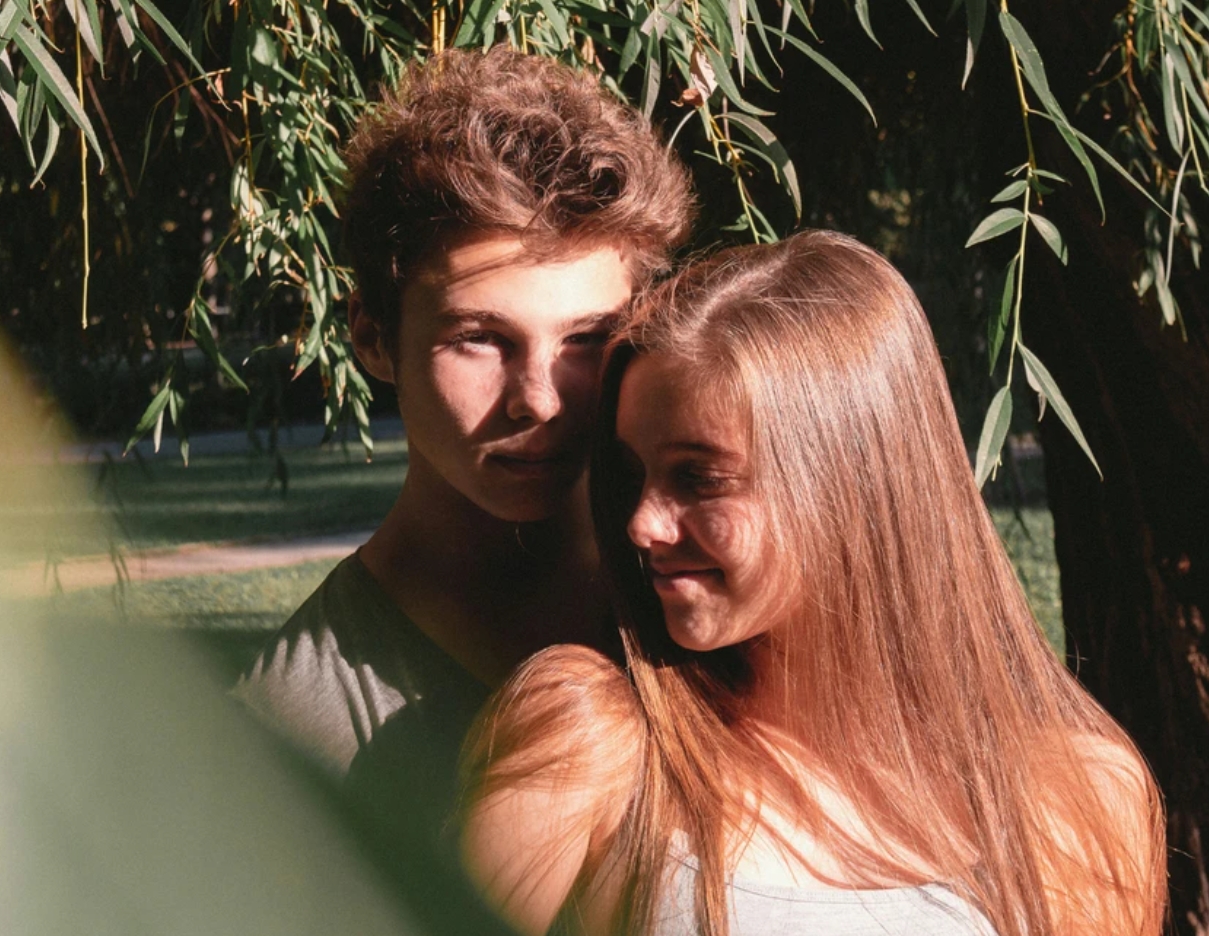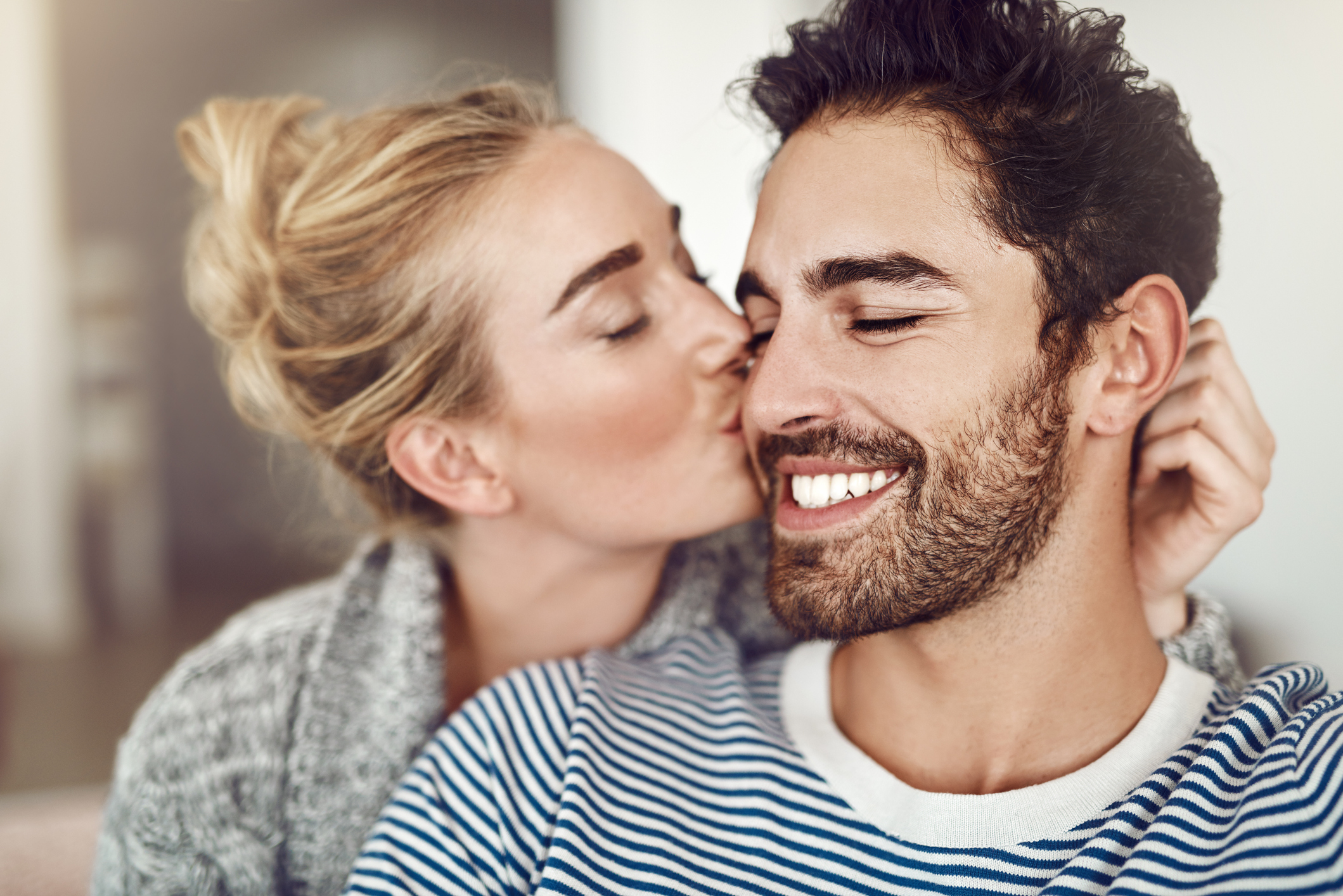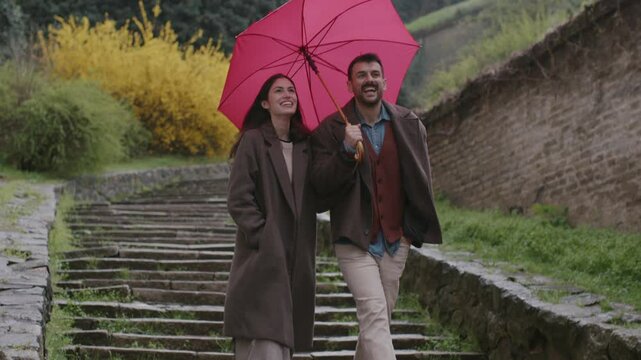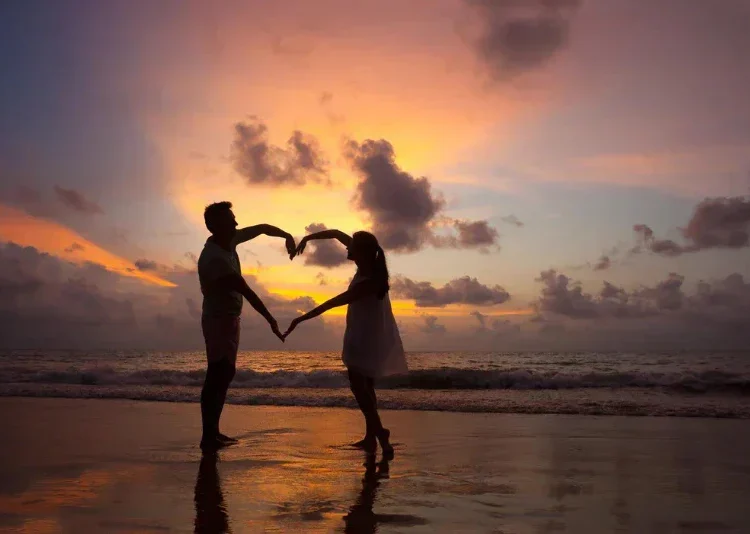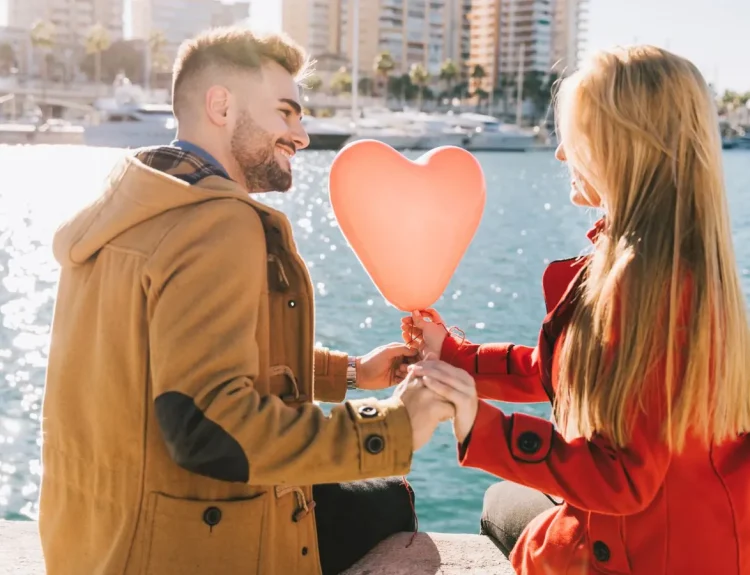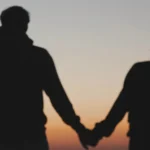No matter who you fall in love with, every relationship is ultimately a journey of learning how to love yourself.
In my twenties, I believed that love was a grand exchange of passion and devotion. I thought if I gave someone 120 percent of my love, they would return the same fiery intensity to me.
But what I received was often only 80 or 100. That’s when insecurity crept in — the sensitivity, jealousy, and fear of losing what I had.
We insisted on being together, yet we didn’t really know what love meant. We loved, but we didn’t know how to love.
It wasn’t until my thirties that I realized all love begins with self-love.
Only when your heart is calm, your mood balanced, and your love for yourself abundant can you view a relationship with peace and clarity.
Only then can you communicate with your partner with ease, and experience a love that is open, honest, and mature — the kind of love shared between grown-ups.
When I was 20, I believed in fairy tales.
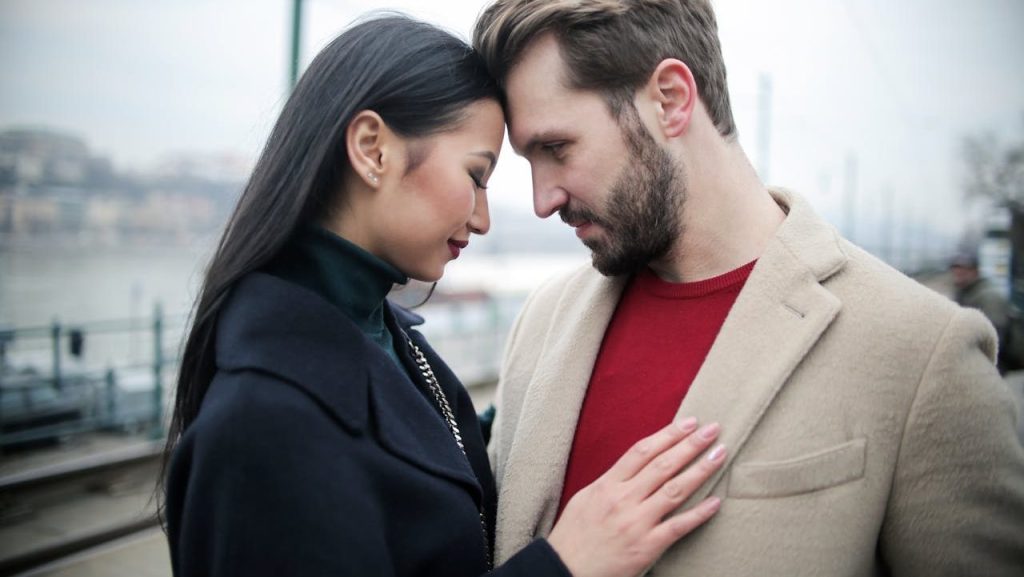
His appearance was my rescue — I was the princess trapped in the mud, and he was the one who would lift me out and love me forever.
At that age, “forever” felt simple and achievable, like a promise that could be kept just by saying it out loud.
I used to admire stories of loving only one person for a lifetime.
I’d repeat Muxin’s famous line over and over: “In the old days, the sun set slower, and a lifetime was just enough to love one person.”
But in my thirties, I finally understood: everyone’s growth line is independent.
You can stand in someone’s future, but you can’t predict where the floods of fate will carry you.
Life is long — long enough that you’ll collide head-on with pain you couldn’t imagine at twenty, suffer, survive, and then smile as you say goodbye.
At thirty, I read that line again — “To buy osmanthus wine, yet never roam like youth again” — and found myself smiling through tears.
At 20, love’s end felt like the end of the world.
When someone suddenly stopped loving me, it shattered my worldview.
I thought a man and a woman falling in love and staying together forever was the most natural ending.
We were supposed to love faithfully, leaving no room for anyone else.
To hear “he doesn’t love you anymore” was not just heartbreak — it was the death of love itself.
By thirty, I had become calmer.
I learned to talk openly with my partner about feelings, even about infidelity.
Honestly, I no longer believe that anyone can love another person for a lifetime just because they promised to.
Earthquakes, floods, heavy rain — accidents happen every second, and love is no different.
I no longer want to deny the possibility that we might fall for someone else someday.
Even if I trust myself, I can’t expect my partner to be immune to temptation.
True honesty — the kind that gives me the right to choose — is far better than being left in the dark, watching love drift away or being deceived by half-truths.
At 20, I imagined love as passionate and poetic.
At 30, I’ve accepted that love can never rise above human nature.
We can only love carefully, humbly — embracing what we have now, uncertain of what the future holds.
When I was 20, a breakup would devastate me for weeks.
I cried endlessly, begged him to come back, and spent a year trying to move on.
At 30, I still feel sad, but I go to work, distract myself with new hobbies, see friends, watch dramas, scroll through gossip online — and if I cry a little at night, so be it.
People come and go; meetings and partings are just part of life.
A breakup is simply a breakup — not the end of love, but the start of something new.
At 20, I believed love was cause and effect: plant love, reap love.
So I gave everything, only to lose both love and myself.
At 30, I finally understood that love isn’t just emotion — it’s also reality.
No living being survives on feelings alone.
Love is like a sweet apple — I can eat it or leave it.
If I don’t eat it, I won’t die, and my life won’t lose its flavor.
I am still myself — an independent person with friends, family, work, passions, and the joys and worries that come with each stage of life.
Love is only one small part of it — nice to have, but not essential.
In that sense, love is simply a way to make life more beautiful, not the meaning of life itself.
By thirty, I’ve learned not to let love take over everything.
I want to grow along the path I choose, to become a radiant, elegant woman.
If a great love comes along, I’ll hold it gently — but I won’t let it conquer me.
At 20, I was a fragile seedling — small, tender, needing shelter.
At 30, I’m a mature seed — I decide whether to plant, and where.
And you?
In your own story of love and growth, how far have you come?
Share your thoughts in the comments — I’d love to hear your journey.
💬 FAQ Section
Q1: What does it mean to learn to love yourself through love?
A: It means using every relationship as a mirror — to understand your needs, set healthy boundaries, and realize that true love begins with self-acceptance, not external validation.
Q2: Why does love feel different in your 20s and 30s?
A: In your 20s, love often feels intense and idealistic. By your 30s, experience teaches emotional balance — love becomes more about understanding, respect, and choosing peace over passion.
Q3: Can a relationship last without self-love?
A: It’s difficult. Without self-love, relationships often become dependent or draining. When you love yourself first, you bring emotional stability and authenticity into your connection.
Q4: How do you heal after heartbreak?
A: Healing starts with acceptance and self-care — focusing on your passions, friendships, and goals. Pain fades faster when you reconnect with yourself rather than chasing closure from others.
Q5: What’s the biggest lesson love teaches us?
A: That love is not possession but growth. It’s about becoming the best version of yourself — whether you’re with someone or standing on your own.
